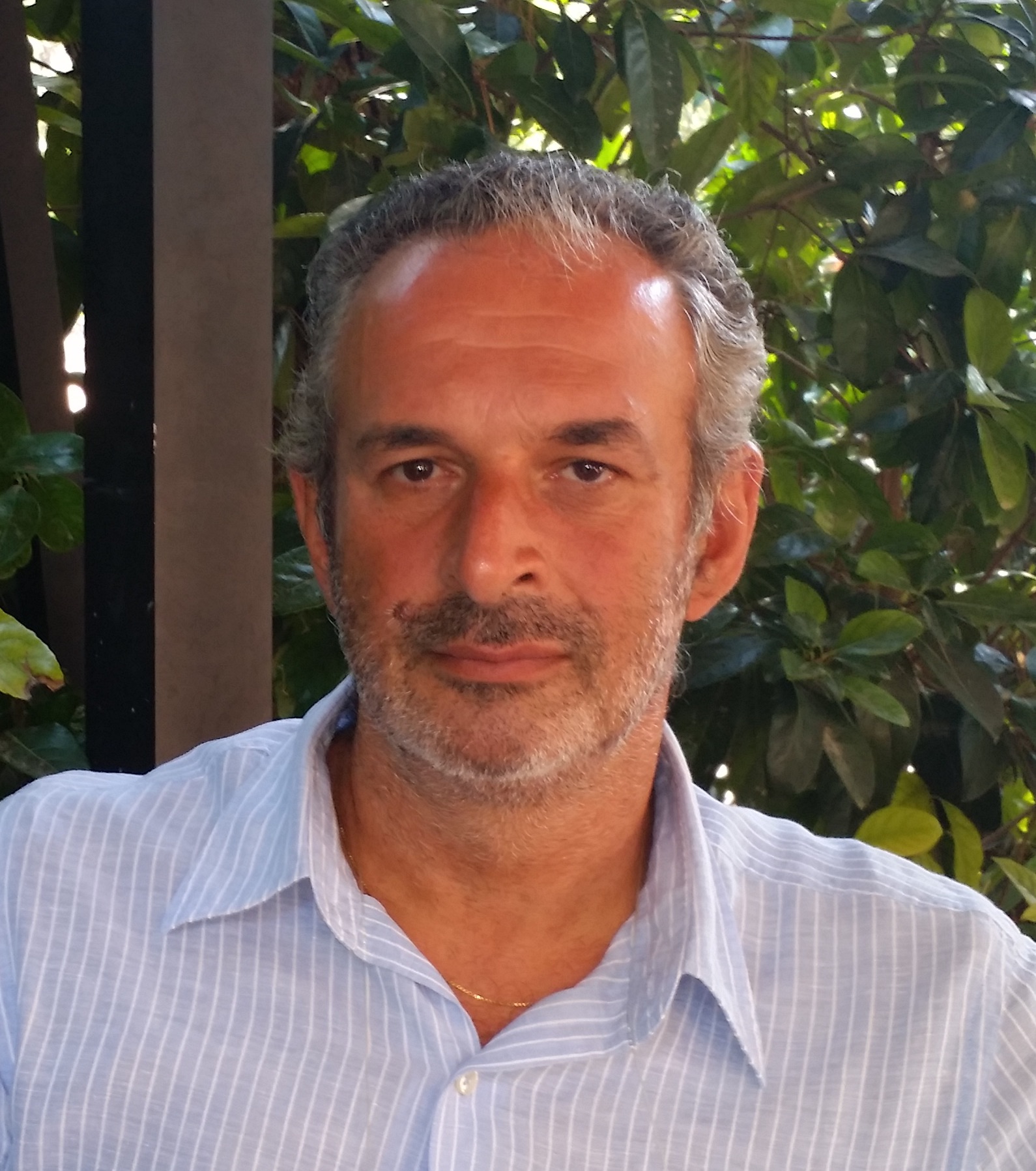Dr. George Th. Tsangaris was born in Chios, Greece. He holds a degree in Chemistry at 1983 from the Department of Chemistry, University of Ioannina (Greece) and a PhD in Biochemistry from the same University at 1991. From 1991 to 1993 he was special post-doctoral fellow of French Government at INSERM U200 (Paris, France) with research interests in Molecular Biology, Molecular Immunology and Environmental Immunotoxicology, stayed in the same Unit of INSERM as researcher up to 1994. From 1994, he joined the University Research Institute of Genetic and Malignant Diseases (University of Athens, Greece) as principal investigator, responsible for the project “Molecular Study of Childhood Cancer” and as research fellow the Haematology Unit, First Department of Paediatrics, School of Medicine, University of Athens (Greece). In 2002, he joined the Roche Centre for Medical Genomics (Hoffman-La Roche LTD, Basel, Swiss) for sabbatical studies in proteomics. From 2003, he joined the Proteomics Research Unit of the Biomedical Research Foundation of the Academy of Athens as a Research Scientist Level A’ (Professor level). In parallel from 2008, his is Professor of “Biotechnology and Big Data Analysis in Biological Sciences”, in the Post-graduate Scholl of the Department of Informatics and Telecommunications (Programme: Data Science and Information Technologies), University of Athens (Greece). His recent work is contributed to the extensive application of proteomics: a) For the study of human reproduction and specially the identification of biomarkers for the non-invasive prenatal diagnosis of embryonic and pregnancy complications, b) Neuroproteomics with special interest the analysis of normal brain function in animal models (mouse and rat), the brain asymmetry and laterization, and brain tumours with special interest the childhood brain tumours (astrocytoma, medulloblastoma etc.), c) At the development of proteomic-related methodologies including novel approaches for the protein identification with LC-MS/MS, the isolation and identification of naturally-occurring peptides and small proteins in biological materials, d) Food and Nutrition Proteomics with special interest the analysis of origin and the characterization and the analysis of the food and correlation to the health and the study of paediatric nutrient related diseases, e) The Uniqome: including the development of the bioinformatics approach, the database construction and the biological significance of the unique peptides within the proteome. From his research has published: 150 peer-reviewed research papers, 35 review articles in International and Greek journals, 8 research papers in Greek journals, 8 book chapters, 35 presentations as invited speaker in International and Greek Congresses, 140 abstracts in International congresses and 65 abstracts in Greek Congresses. He is co-author of the book “Principles of Proteomics” (2020) and editor of the volume “The key-role of multi-omics in Predictive, Preventive and Personalized Medicine as the medicine of the future” of the Journal of Proteomics (2018). Prof. Tsangaris is owner of 12 Greek and 3 European patents. In 2016 he was awarded as Researcher-Entrepreneur of the Year (StartUp Greece Awards established by EU and the Greek Ministry of Development). From 2007, he participates in the European Union as expert and evaluator of research programs in FP7, H2020 and ERC programs, while he serves as expert and evaluator in numerous National Research Committees (France, Italy, England, Singapore etc.). He is founded member and president of the Hellenic Proteomics Society, founded member and local representative of the European Preventive, Predictive and Personalized Medicine Association. From 2013, he is elected member of the Advisory Board of Human Proteome Organisation (HUPO) and from 2016 member at Large of Food and Nutrition Initiative (FaN), founded by HUPO. He is member of the Scientific Advisory Board of the International Institute of Anticancer Research (from 1998) and member of the editorial board of four international Journals. From 2020, he is member of the advisory board and representative of the Greek Node in Food Nutrition and Health Research Infrastructure (ESFRI) consortium.

